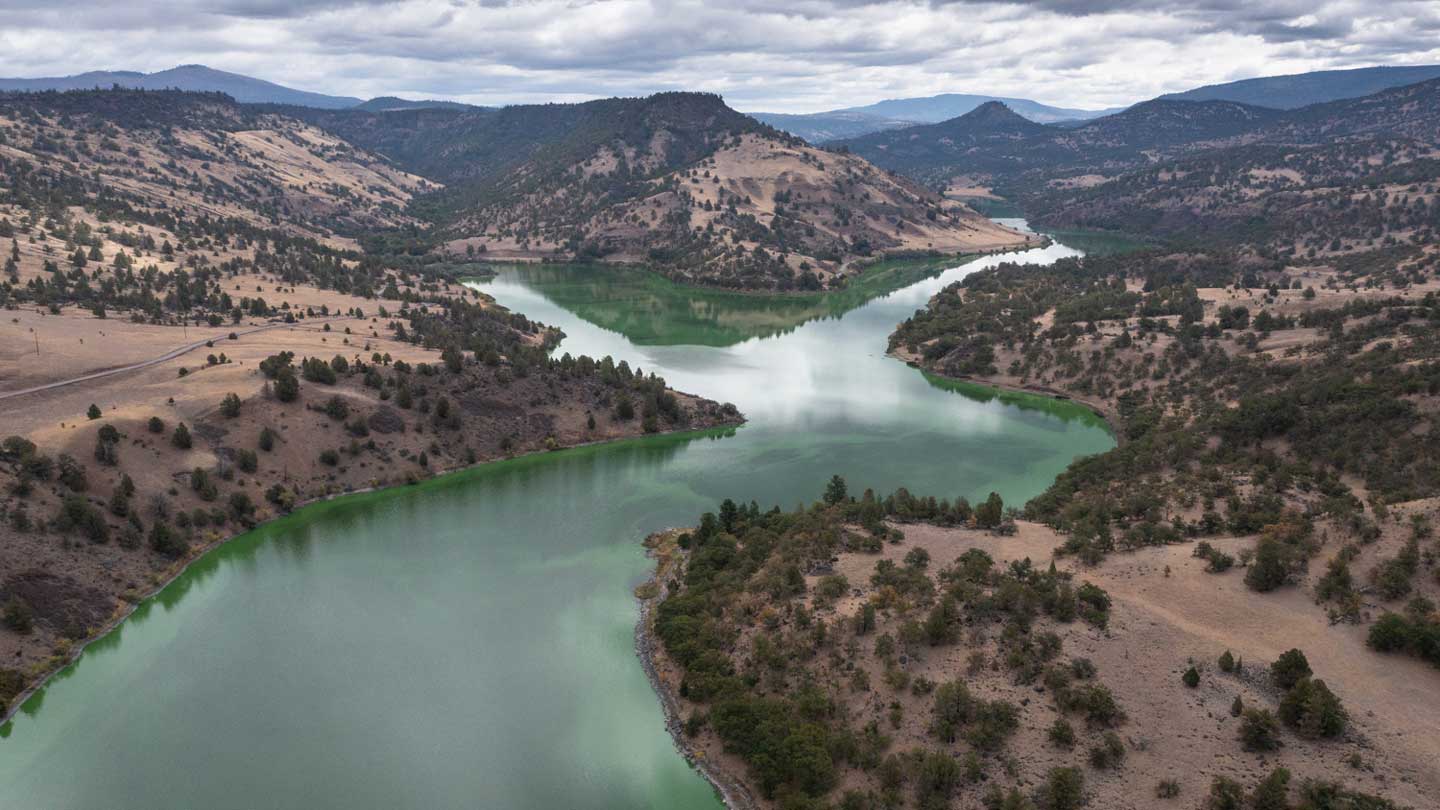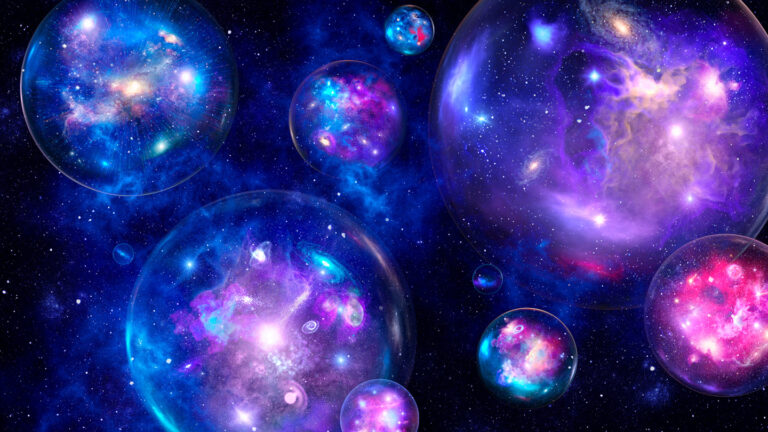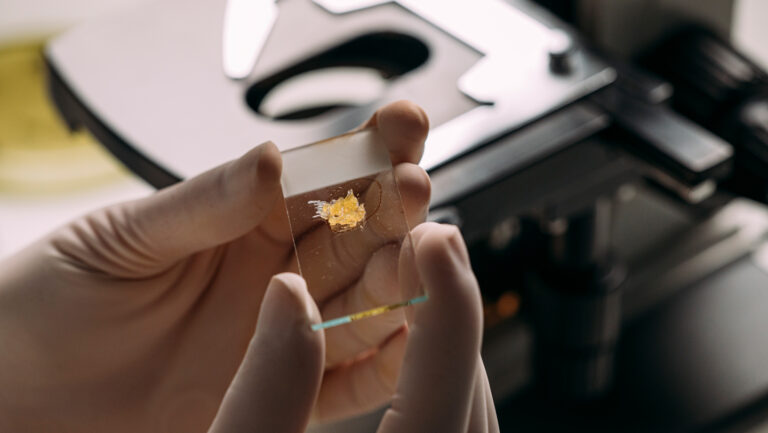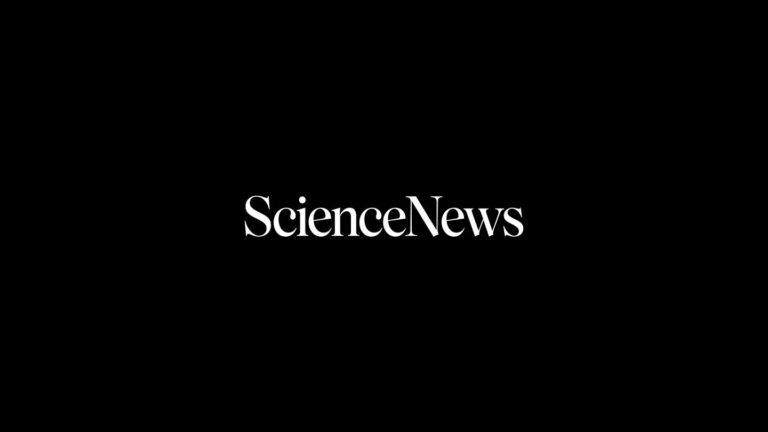

The Water Remembers
Amy Bowers Cordalis
Little Brown & Co., $30
In September 2002, an estimated 34,000 to 78,000 adult Chinook salmon died in the Klamath River within the Yurok Reservation in Northern California. The U.S. government had diverted river water to farms during a drought. The resulting low levels and warm temperature of the water, coupled with the flow of toxic blue-green algae that bloomed in the reservoirs behind the river’s four dams, created the perfect conditions for “ich,” a parasitic gill rot disease, to spread and suffocate the fish. It was one of the largest fish kills recorded in U.S. history.
The ecological disaster catalyzed an Indigenous-led movement to remove the dams, the oldest of which had choked the river, blocking fish migrations and tainting water quality, for over 100 years. In The Water Remembers, Yurok tribal member, activist and attorney Amy Bowers Cordalis shares an intimate look into her family’s and nation’s decades-long fight to restore the health of the Klamath and preserve their way of life — a multigenerational effort that culminated in the largest dam removal and river restoration project in history.
The Yurok people believe it is their duty to live in balance with nature. They steward the Klamath and its surrounding ecosystems. In return, the river gives them sustenance, physically and spiritually. This sacred reciprocity is reflected in Yurok stories, Cordalis writes, which “teach that if the Klamath salmon and the Klamath River die, so will the Yurok people.”
Cordalis’ reverence for the river, the salmon and the craft of fishing drips from every page of this memoir. She describes the thrill that overcomes her and other members of the Yurok Nation when salmon return to the Klamath River from the Pacific Ocean to spawn. Bobbing in a boat, gill net in hand, surrounded by trees, water and wildlife, is a spiritual practice.

Every page is also stained with stories of historical injustice. For nearly two centuries, colonization, genocide and their lingering scars have threatened the Yurok’s way of life, from the United States’ theft of Yurok land since the 19th century to California’s mid-20th century ban on Yurok fishing to boost non-Indigenous logging and fishing businesses.
Through it all, Cordalis’ family has resisted. Cordalis’ great-grandmother, Geneva Mattz, and her sons fished and sold bootlegged salmon throughout the ban. In the late 1960s, her great-uncle Ray Mattz sued California for violating his Indigenous rights by repeatedly arresting him for fishing on his ancestral land — a case that he won in the U.S. Supreme Court in 1973. The 2002 fish kill reinvigorated this tradition of resistance. Cordalis, then a 22-year-old intern at the Yurok Tribal Fisheries Department, witnessed the devastation firsthand. Her gruesome descriptions of the limp and rotting carcasses of thousands of salmon crowded on the riverbank convey the visceral and emotional response of the Yurok to what Cordalis deems an “ecocide.”
The moment set Cordalis’ path to law school, eventually becoming the Yurok Nation’s general counsel and one of the key leaders of the historic “Undam the Klamath” movement. After two decades of demonstrations, as well as painstaking negotiations between tribal, corporate and U.S. government entities, the U.S. Federal Energy Regulatory Commission voted to undam and restore the Klamath River in 2022.
Today, the river flows freely, with the last dam removed completely in October 2024. That same year, salmon were able to migrate and spawn farther upriver, past the former dam sites, for the first time in over a century. Projects to restore the Klamath Basin’s ecosystems are planned through 2028.
The Water Remembers is a moving and deeply personal account of a rare environmental success story — one in which Indigenous people, corporations and the state and federal government collaborated (though not always for the same reasons) to restore a river in crisis. While the book is rife with the Yurok people’s struggle for justice, it is also an emblem of hope that environmentally responsible solutions to climate crises are possible. “All humans have ancestral knowledge in our blood about what it was like to live on a healthy planet,” Cordalis writes. “The medicine is still here, in you and me. In all of us. We can restore the balance. We can renew the world.”
Buy The Water Remembers from Bookshop.org. Science News is a Bookshop.org affiliate and will earn a commission on purchases made from links in this article.
Source link



